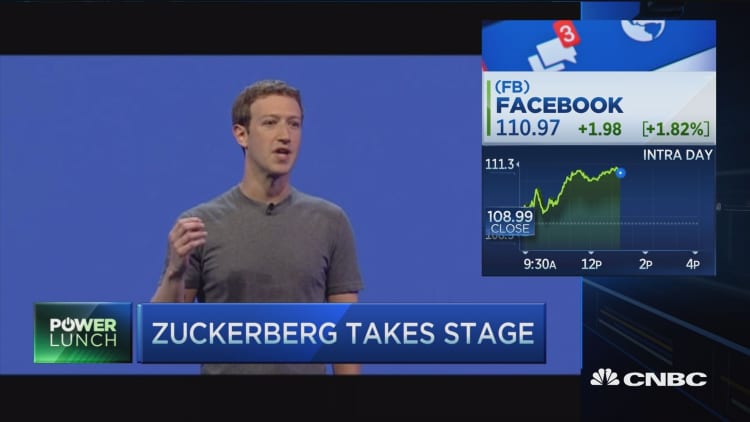BuzzFeed missed its revenue target for 2015 and has slashed its internal projections for 2016 by about half, raising questions about whether the online news and entertainment network can meet the sky-high valuations put on new media groups by investors.
The company, known for its lists, irreverent content and fast-growing editorial operation, had projected about $250 million in revenues for 2015 but generated less than $170 million, according to three people with knowledge of the situation.
The company has halved its internal revenue target for 2016 from $500 million to $250 million, the people said.
BuzzFeed disputed the figures but declined to give its own numbers. "We are very pleased with where BuzzFeed is today and where it will be tomorrow," the company said. "We are very comfortable with where the digital content world is going and think we are well-positioned."

The company's ability to draw large numbers of readers has attracted admirers and investors. BuzzFeed raised $50 million from Andreessen Horowitz, the Silicon Valley venture capital firm, in mid-2014 at a $850 million valuation. Just a year later NBCUniversal, which is part of Comcast, invested $200 million at a $1.5 billion valuation.
It has also earned plaudits for the quality of its journalism at a time of declining newspaper readership and shown a knack for finding and packaging content that online audiences want to share and discuss. A video stream of two BuzzFeed staff wrapping rubber bands around a watermelon until it exploded was streamed live by 800,000 people last week.
More from the Financial Times :
Nanocraft to launch tiny trek to the stars
Russia runs up against Bashar al-Assad's defences
1MDB net widens as Swiss probe flags up Abu Dhabi link
However, people with knowledge of the company's operations have expressed concern that its business model, which involves creating custom content for brands, is not scalable. "It takes too long to do each campaign, and you can only do so many," one person said.
The company, like some of its digital peers, is looking more seriously at television and had discussed potential tie-ups with NBCUniversal. Its digital peers are also investing more of their time and resources in television where there are more advertising dollars available.
Vice recently launched Viceland, its first cable channel, after striking a deal with A&E Networks, the cable group part-owned by Walt Disney.
Vox is also eyeing potential television projects. Like BuzzFeed, it received investment from NBCUniversal last year.
Jonah Peretti, BuzzFeed's founder and chief executive, recently moved from New York to Los Angeles, the heart of the entertainment industry. But in an interview with the Financial Times last month, he said mobile was the company's main focus. Smartphone proliferation had made BuzzFeed "prime time" to the extent that it could compete for the same number of viewers as the television set in the corner of the living room.
"Anytime people are bored or have an in-between moment, they look at their phone," he said. "Social platforms like BuzzFeed are monetising their commercial breaks."
Disclosure: CNBC parent NBC Universal is an investor in BuzzFeed.


